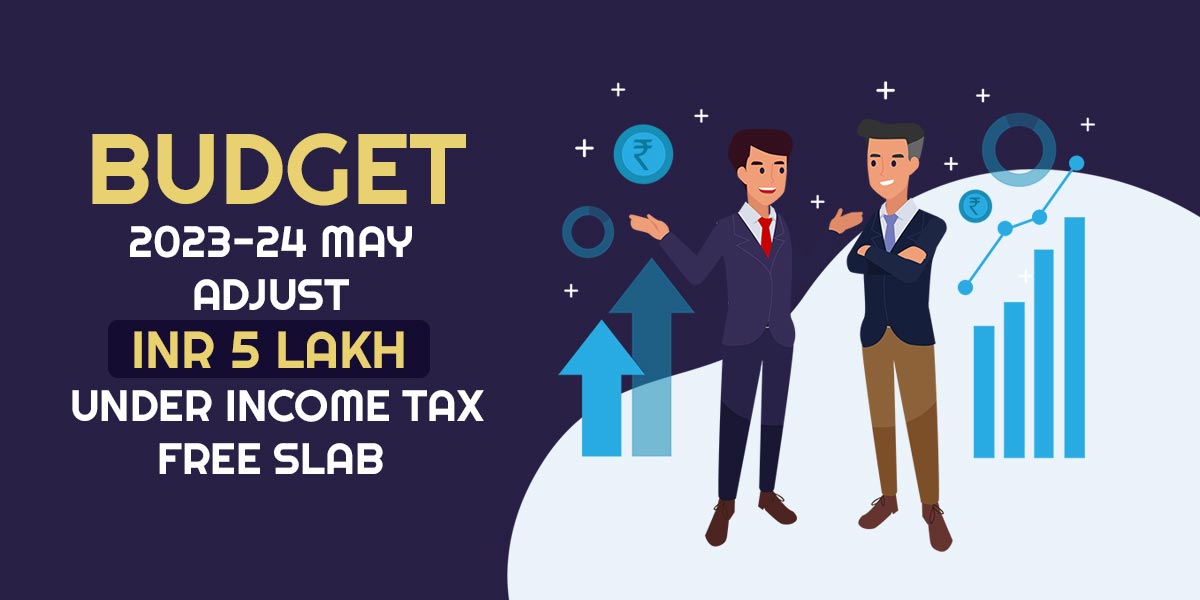
The makers of the policy would be investigating the forecast to rise the tax-free slab to Rs 5 lakh in the 2-year-old alternative personal income tax regime for making it effective to attract attention.
Currently, the assessees do not pay income tax when their income is Rs 2.5 lakh or less than that.
Surging the limit shall diminish the tax outgo for the taxpayers, hence leaving money with them to invest.
At present some assessees chooses the other tax regime. Various tax outgo in the former personal income tax regime is lesser when they utilize the deductions under Section 80C and Section 80D.
In the other tax structure, various deductions surged up to Rs 5 lakh per year would be tax-free. The assessees would obtain the rebate for the tax that makes Rs 2.5-5 lakh slab. “Those earning up to Rs 5 lakh shall not pay any tax either in the old regime or in the new regime,” FM Nirmala Sitharaman expressed in 2020.
The problem has opted in the current budget practice and the department related would seek to recommend the method to rectify the new regime.
“The Budget exercise on taxes will start next week and we shall look into the possibility of such tweaking in the new regime,” the official articulated.
“However, any such proposal will depend on the overall revenue impact and whether we have the room to do that,” he counted.
There is a discussion upon both the old and new regimes of personal income tax needed to be pinched.
The other personal income tax slabs with lesser rates were being started as a choice in the union budget 2020-21. But approximations mentioned that 10 to 12 per cent of the assessees have chosen for the same because of the high tax outgo as compared to the older regime.
A sound of reforms in direct taxes is there, along with restructuring capital gains tax.
For the capital gains, the council mentioned that the same is a separate practice and may be performed outside the budget as the same needs extensive deliberations with the stakeholders.
If identical tax outgo is there in the old and new regime then the majority might choose the new as the same shall diminish the compliance load.
Tax expert, “Filing IT returns will be easier. Salaried people won’t have to go through the paperwork with employers and preserve documentary proofs in case there’s any scrutiny in future,”
Tax experts said that “This new regime has benefited non-residents more because they do not claim significant deductions and exemptions. A salaried person is not at an advantage if he opts for the new regime because no deduction is allowed for items like house rent allowance, leave travel allowance, standard deduction, Section 80C and Section 80D.”
For the comparison of the two regimes, a tax expert said if a salaried person chooses only for Section 80C deduction, the new regime was attractive when the taxable income exceeds Rs 8.5 lakh.
When the individual chooses Section 80C and 80D, the tax outgo is lesser in the new regime for those who secure a taxable income of Rs 15 lakh or exceeding that.
But when a person claims a home loan interest deduction then the old regime would be good despite those securing a higher taxable income.









